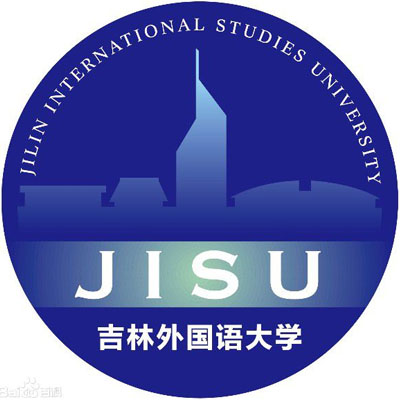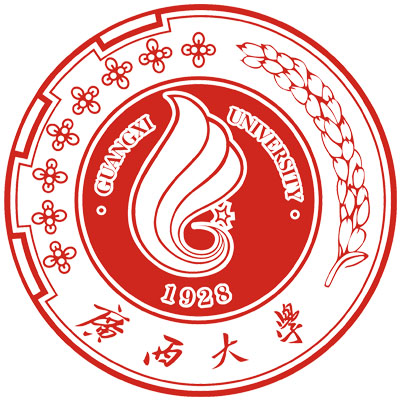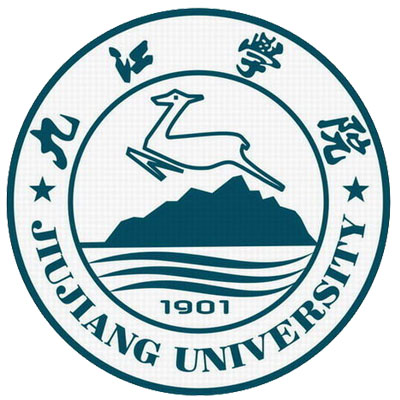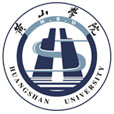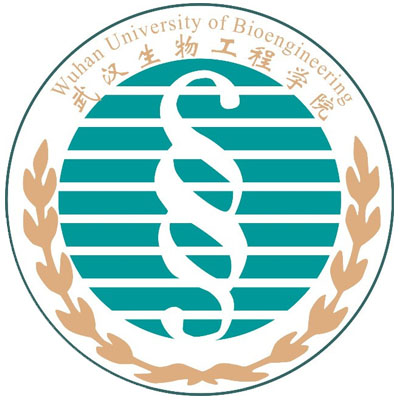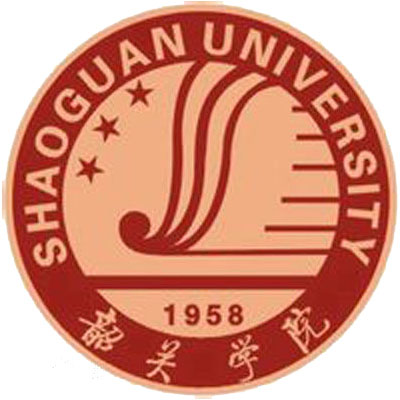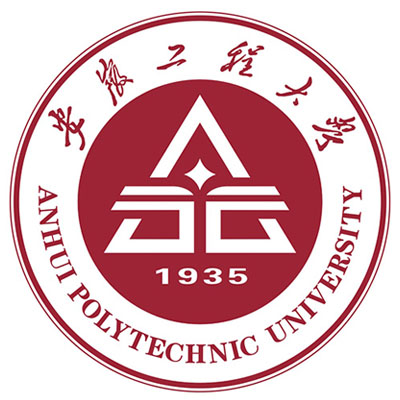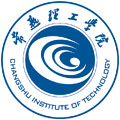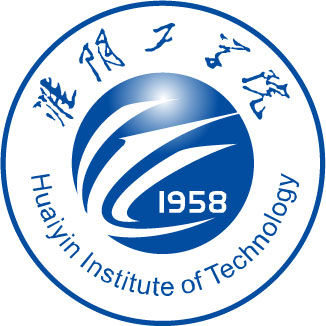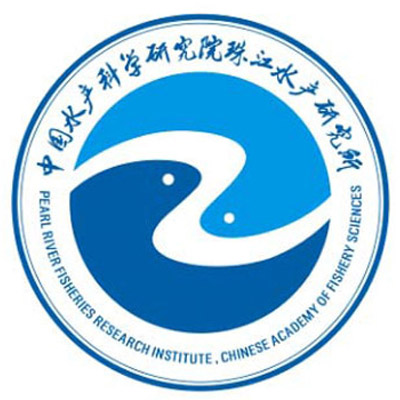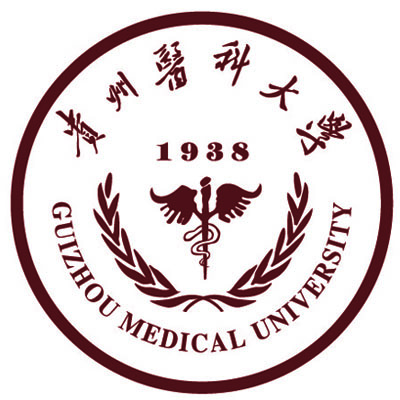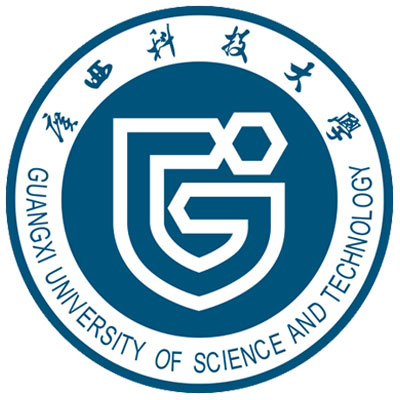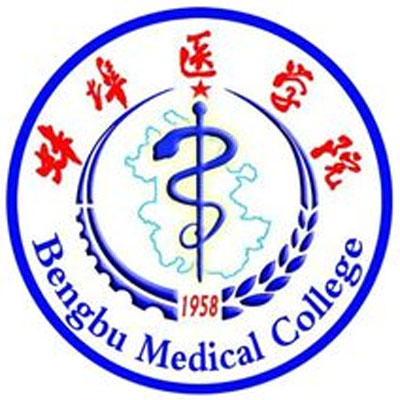Job title: Postdoctoral Training Fellow
Location: The Francis Crick Institute, Midland Road, London
Contract: Fixed-term (4 years), full time
Salary: Competitive with benefits, subject to skills and experience
Vacancy ID: 9045
Short summary
A postdoctoral research post is available in the laboratory of Dimitrios Anastasiou. We are looking for a highly motivated researcher to investigate the mechanisms and functions of host metabolic reprograming in the development of liver cancer. This project will use mouse models of hepatocellular carcinoma to identify tumour-induced signals that cause systemic metabolic changes, and validate them as potential therapeutic targets. The project will build upon our previous and ongoing work that has identified candidate pathways, from cancer and immune cells, that may reprogram host metabolism. The successful candidate will disrupt these pathways, by genetics and pharmacological means, and will assess their impact on whole-body metabolism and tumour development using advanced metabolomics and in vivo metabolic imaging methods. For more information about the lab’s broader research, please visit https://www.crick.ac.uk/research/labs/dimitrios-anastasiou
The successful applicant will have good communication and organisational skills and a PhD in a relevant area (or be in the final stages of completion).
Project scope
Human liver cancer cases are projected to increase significantly in the near future, however, there is a paucity in effective therapies. Among its broader investigations in cancer metabolism, Dr. Anastasiou’s lab aims to identify new therapeutic avenues for the treatment and prevention of liver cancer. Towards this goal, we are using mouse models of hepatocellular carcinoma with a focus on understanding how metabolic changes in the tumour and the host contribute to tumorigenesis. In recent unpublished work, we have shown that mice with hepatocellular carcinoma exhibit systemic metabolic changes that are similar to those found in human patients. We have uncovered evidence that these changes are driven both directly by tumours and indirectly by hepatic non-parenchymal cells. In this context, the successful candidate will lead an independent project that complements ongoing work in the lab to (i) identify the signals from cancer and immune cells that drive whole-body metabolic reprogramming, and (ii) assess the effects of host metabolic reprogramming on tumorigenesis.
The successful candidate will use genetic engineering to knockout candidate genes (discovered from our past work) in mice, or in primary cultured cells. He/she will then assess the effects of these knockouts on hepatic function using stable isotope tracers and in vivo magnetic resonance spectroscopy (MRS) or ex vivo mass spectrometry and NMR-based metabolomics. Depending on expertise and scientific interests of the post holder, some of the specific aims could include, but are not be limited to:
o Elucidating the cell-autonomous mechanisms that regulate glucose metabolism in the liver during cancer development
o Investigating the role of immune cell metabolism in liver functions
o Using proteomics and metabolomics to discover new pathways that induce host tissue reprogramming in liver cancer
In addition to common laboratory methods (cloning, tissue culture, western blotting), candidates should have hands-on experience in mouse cancer models, or culture and genetic engineering (CRISPR/Cas9, lenti-retroviral transduction) of primary cells. Experience with metabolomics, transcriptomics and quantitative data analysis methods using basic computer programming is desirable but not essential.
About us
The Francis Crick Institute is a biomedical discovery institute dedicated to understanding the fundamental biology underlying health and disease. Its work is helping to understand why disease develops and to translate discoveries into new ways to prevent, diagnose and treat illnesses such as cancer, heart disease, stroke, infections, and neurodegenerative diseases. An independent organisation, its founding partners are the Medical Research Council (MRC), Cancer Research UK, Wellcome, UCL (University College London), Imperial College London and King’s College London.
The Crick was formed in 2015, and in 2016 it moved into a new state-of-the-art building in central London which brings together 1500 scientists and support staff working collaboratively across disciplines, making it the biggest biomedical research facility under in one building in Europe.
The Francis Crick Institute will be world-class with a strong national role. Its distinctive vision for excellence includes commitments to collaboration; developing emerging talent and exporting it the rest of the UK; public engagement; and helping turn discoveries into treatments as quickly as possible to improve lives and strengthen the economy.
o If you are interested in applying for this role, please apply via https://goo.gl/3kUMb1
o The closing date for applications is 30 November 2018 at 23:30.
o All offers of employment are subject to successful security screening and continuous eligibility to work in the United Kingdom.
Key words
o Cancer Metabolism
o Hepatocellular carcinoma/Liver cancer
o Immunometabolism
o Endocrinology
o Physiology
o Immunology
o Metabolomics
o Mouse genetics
为防止简历投递丢失请抄送一份至:boshijob@126.com(邮件标题格式:应聘职位名称+姓名+学历+专业+中国博士人才网)
中国-博士人才网发布
声明提示:凡本网注明“来源:XXX”的文/图等稿件,本网转载出于传递更多信息及方便产业探讨之目的,并不意味着本站赞同其观点或证实其内容的真实性,文章内容仅供参考。



